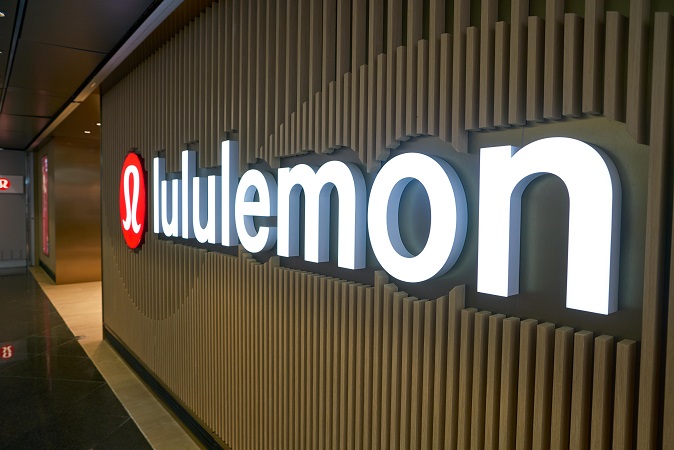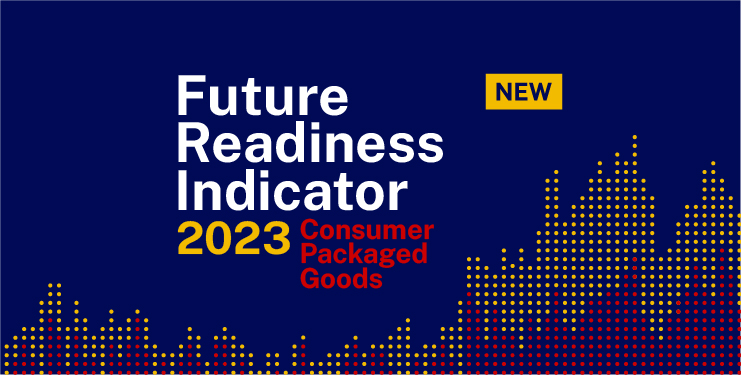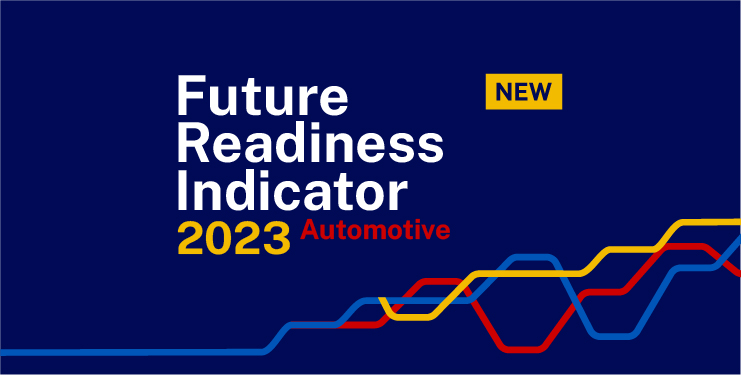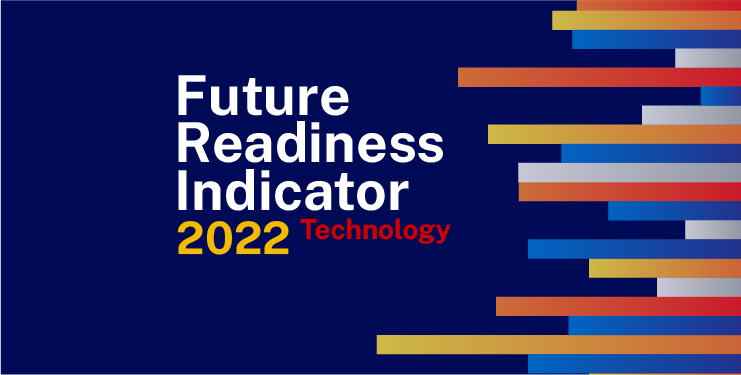IMD business school for management and leadership courses



Only Inclusive Companies are Future-Ready
Many firms make mistakes dealing with their toxic cultures, but the ability to learn from the errors and move on is the key point.
It is notoriously difficult to measure inclusion quantitatively, and every company makes mistakes. Eliminating a toxic culture does not happen overnight. Negative past events will leave traces behind, but what matters is whether the company will change after making the mistakes.

Chip Wilson, the founder of Lululemon, has experienced moments of controversy. In 2005, Wilson bashed plus-sized clothing as a “money-loser” because it required 30 per cent more fabric but could not be priced 30 per cent higher. In 2009, he angered customers by linking the introduction of birth control pills to rising divorce rates in a blog post.
In November 2013, customers complained the yoga tights were prone to pilling. Instead of admitting the products were of poor quality, Wilson pointed the finger at the consumers.
But here lies the critical change. Wilson resigned at the board’s request. He didn’t fight back or bring down the company. Wilson did one thing right during his darkest hours, unlike many other founders: he stepped back when it was time.
Such a change has a cleansing effect. It eliminated the organisation’s toxic culture. The rest of the company noticed that and behaved accordingly.
Since then, Lululemon has pursued diversity and inclusion with a vengeance. This is also due to another part of the company’s history. Since founding, Lululemon had always worked with yoga instructors of all sizes, backgrounds and levels of expertise for years. Inclusivity had been part of their design process. This side of the firm was now brought to the fore.
Inclusion can be viewed as a buffer against bad things happening. It doesn’t eliminate scandals completely, but it reduces the likelihood of managers engaging in unethical or risky behaviour. Inclusion means including people’s viewpoints despite their differences. When different ideas are presented and openly judged, those that merit consideration win.
In contrast, when leaders overlook shady business practices and tolerate abusive behaviour, information is often withheld on a “need-to-know basis”. When misbehaving employees go unpunished, the rest of the organisation imitates their actions. All of this leads up to corporate scandals.

Inclusion is ultimately about maximising the potential to capture innovative ideas from your workforce. It’s one of the dials a company can turn to become a learning organisation.
The opposite is also true. When senior leaders ridicule new ideas, a vicious cycle ensues in which people feel disempowered and disinterested. The most talented employees would leave, depriving the organisation of the innovation it requires to thrive.
Without inclusivity, you can’t be future-ready.
Howard Yu is the LEGO chair professor of management and innovation at IMD Business School in Switzerland











